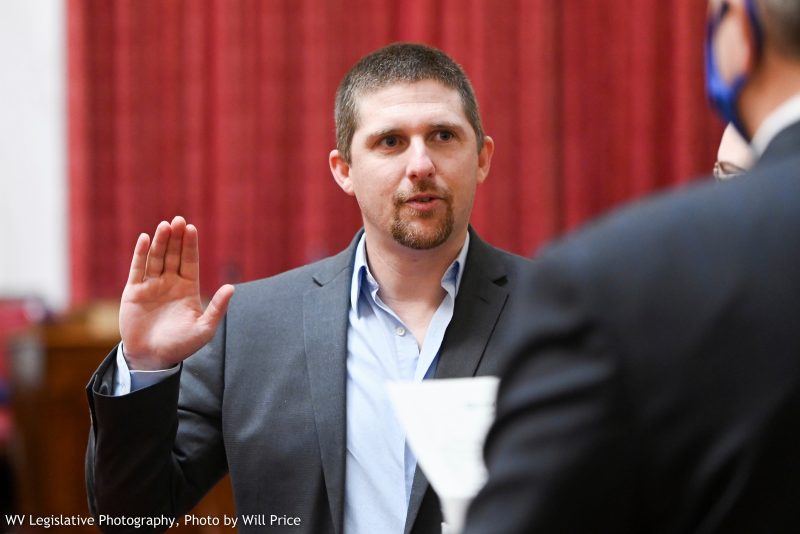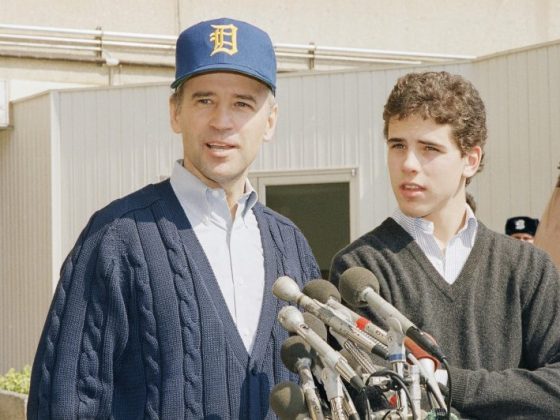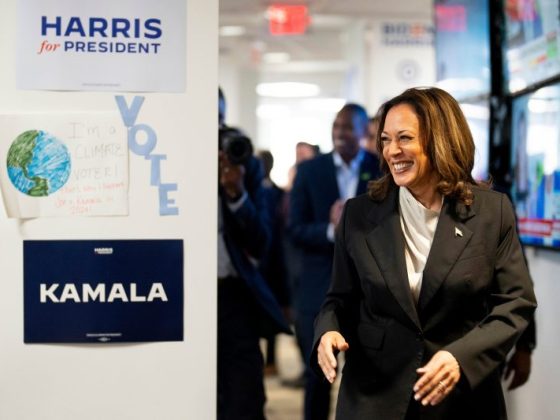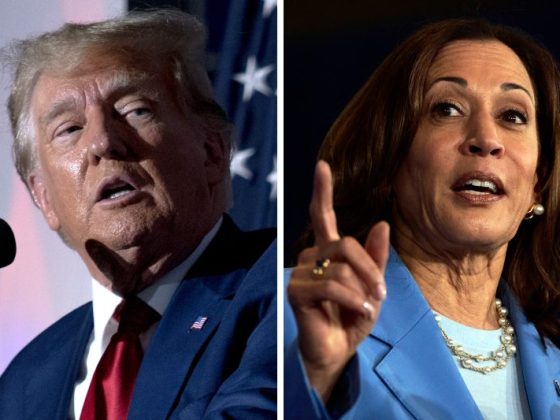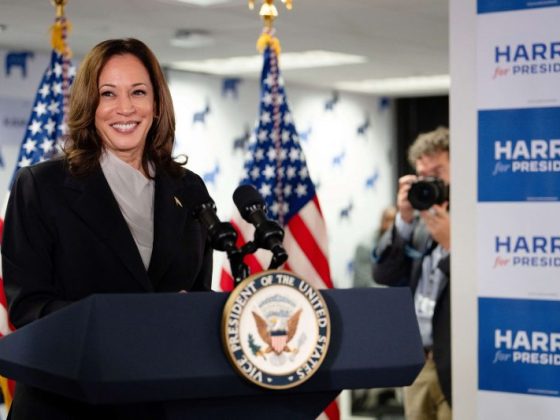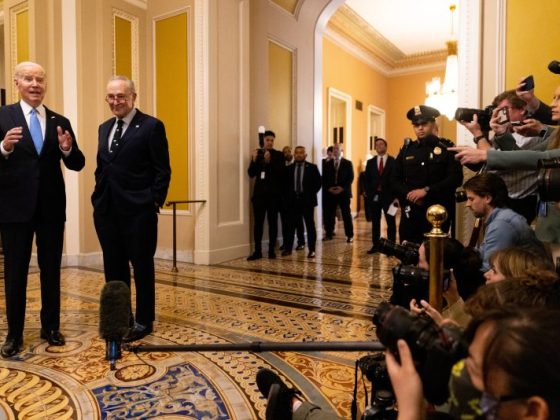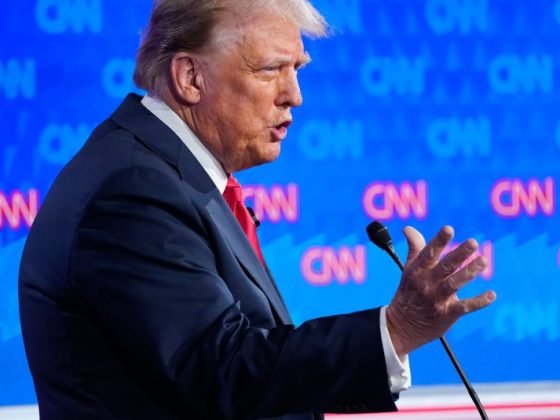Known for his online presence and strong ties to the far-right causes, Derrick Evans, an American businessman and politician, made headlines once more, this time with his intention to run for a House seat. Interestingly, his claim to fame isn’t about any successful business venture or revolutionary political idea. Still, an infamous episode where he filmed himself during the storming of the Capitol on January 6.
A native of Princeton, West Virginia, Evans had previously served in the West Virginia House of Delegates but resigned under pressure in January 2021 following his involvement in the Capitol riot. A firm supporter of former President Donald Trump, Evans’s bold display of partaking in the Capitol’s unauthorized intrusions propelled his name into national headlines and triggered much heated discourse on his actions and intent.
With a cellphone camera in hand, Evans was captured live-streaming himself brazenly breaching the sacred halls of the U.S. Capitol. The incident, which took place on January 6, showcased a group of protestors and supporters of the former President laying siege to the Capitol in an attempt to overturn the election results. The video footage shows him cheering, with an ardent declaration, We’re in, we’re in! Derrick Evans is in the Capitol! His online viewers had a real-time view of this unprecedented event in America’s history.
Despite the controversy, Evans has announced his candidacy for a seat in the House of Representatives. His legal team argued that he was acting as an amateur journalist during the Capitol riot, documenting the event. They point out that he did not participate in any violence or destruction of property and did not cross any barriers forced by others.
While Evans’s actions on January 6 have stained his political reputation for some, others view him as a heroic figure standing up against what they perceive as an unjust election. His campaign is likely to be heavily based on populist and nation-first agendas that align with many of Trump’s policies, reflecting the same motivations that spurred the Capitol riots in the first place.
His running for a House seat is a complex issue laced with arguments about free speech, the role of social media in politics, and the consequences of actions taken during heated political situations. Critics argue that Evans’ involvement in the Capitol riots, especially his filming and documenting of the event, amplifies the divisive political narrative that led to the unrest in the first place.
With his trial for the Capitol trespassing incident still pending, there is much uncertainty around his campaign. However, the mere act of announcing his candidacy sends a clear message about the current state of U.S politics. The story of Derrick Evans illustrates the profound division within American society and the ongoing struggle between different visions for the nation’s future.
Short of glorifying or vilifying Evans, his contentious political career thus far reveals an important and evolving narrative about American democracy. As his campaign continues and potentially progresses, it will expose the facets of contemporary American politics that such a candidate signifies: populist movements, presidential personality cults, and the potential consequences of amplified political rhetoric.
Undoubtedly, whether Evans achieves success in his attempt to secure a House seat or not, his journey will spark significant debates about the future of political responsibility, social media’s role in politics, and the deepening polarization within American society. His ongoing story represents a saga unfolding in real-time, highlighting the new political realities, dilemmas and divisions in this era of American democracy. Irrespective of one’s political inclination, his tale is one to watch, considering the valuable lessons we can learn from it.

